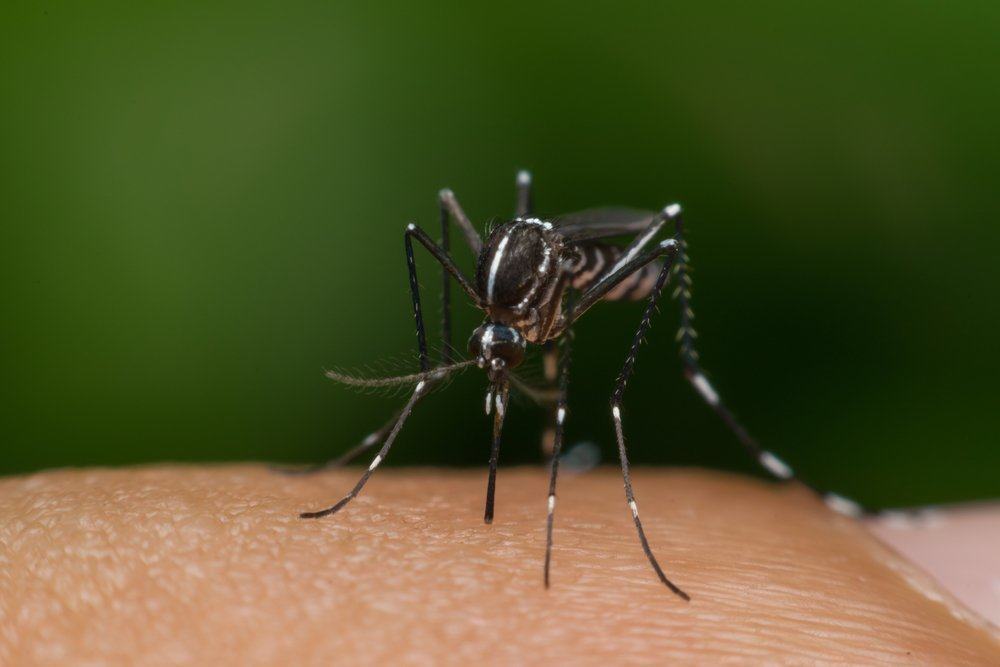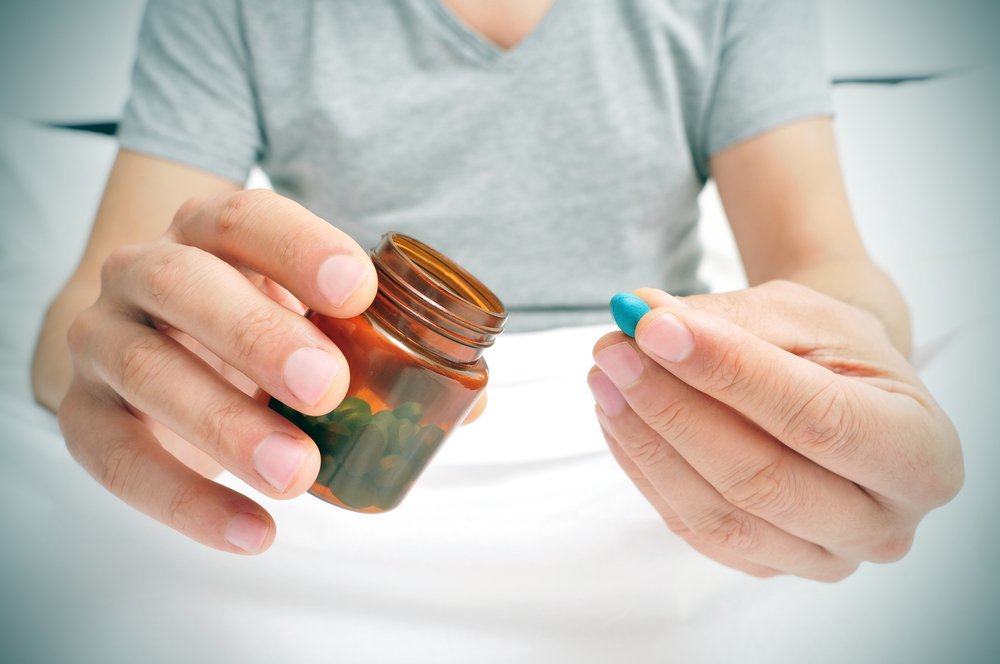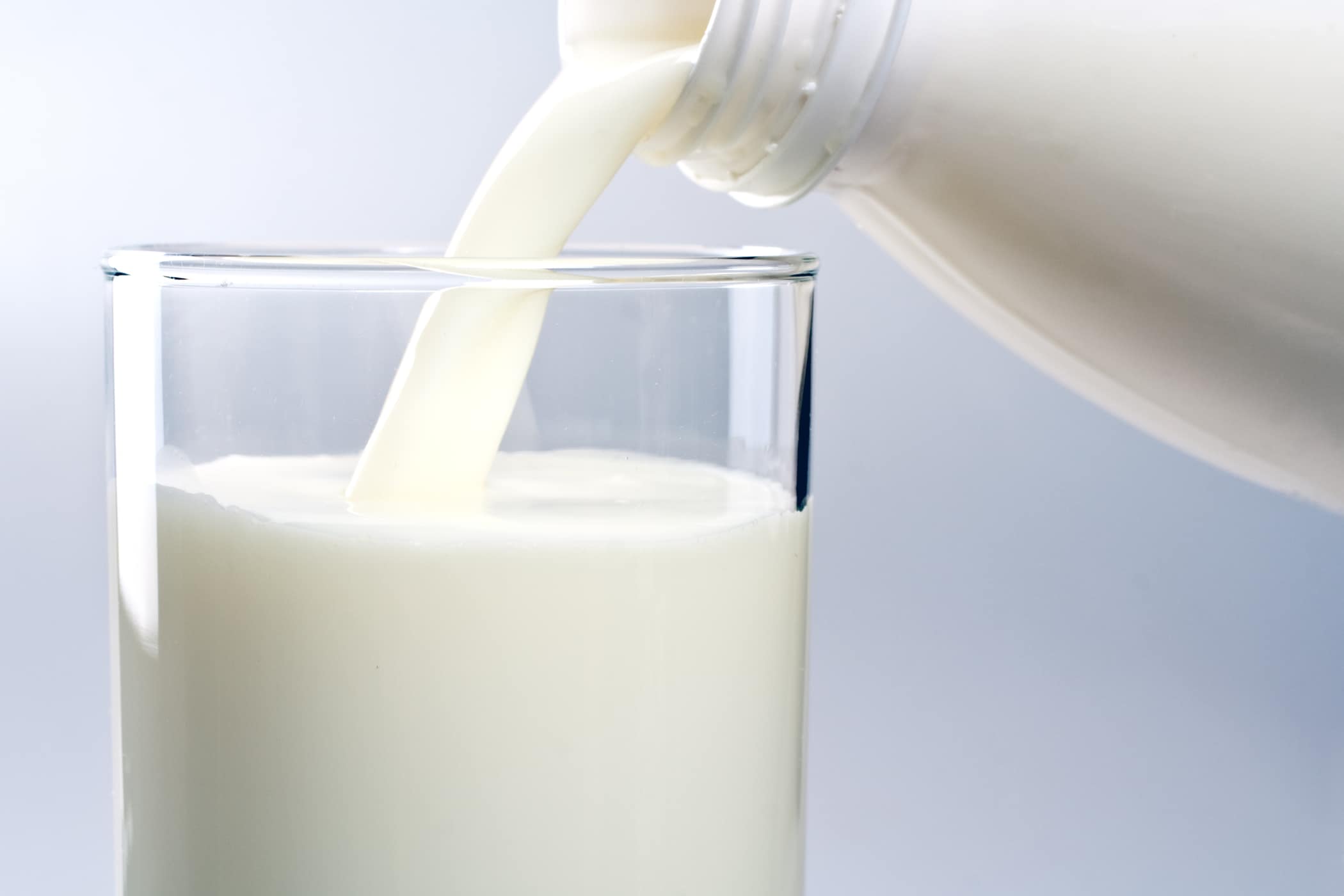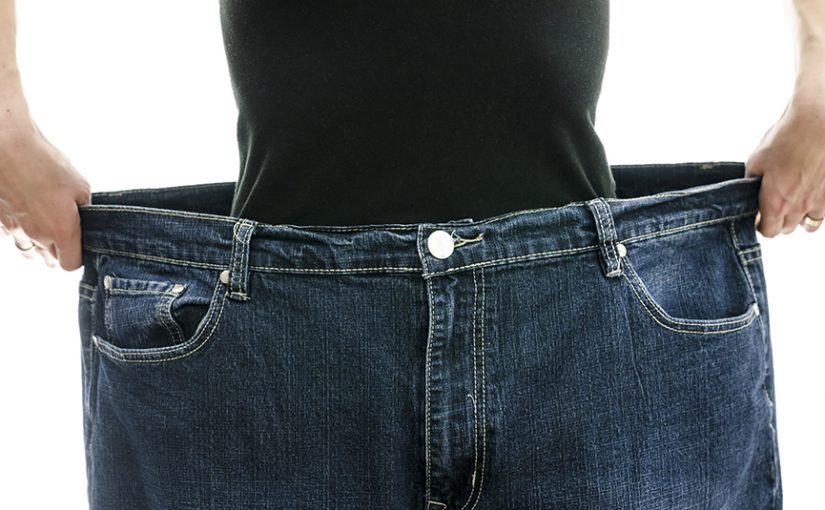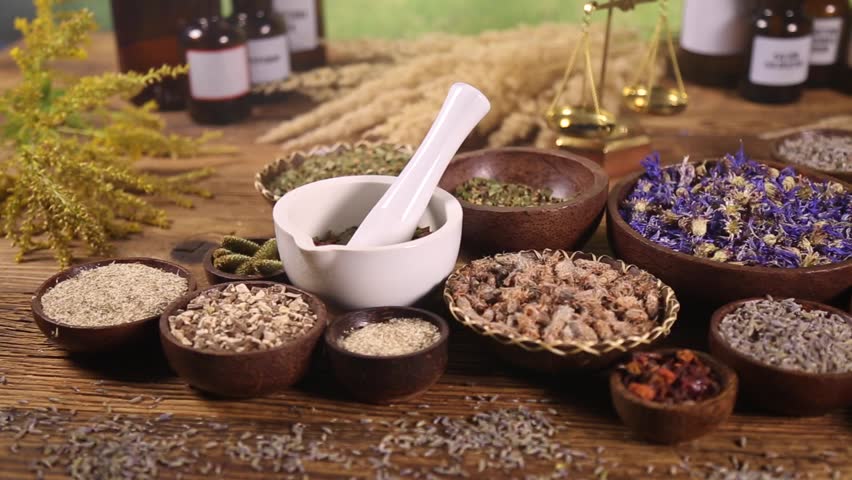Contents:
- Medical Video: Dengue Fever Vaccine: 2015 Top 10 Medical Innovation
- What is dengue fever?
- How are the symptoms of dengue fever?
- Can dengue fever be severe?
- How is the dengue fever cycle?
- What foods are good for people with dengue fever?
- How to prevent dengue fever?
Medical Video: Dengue Fever Vaccine: 2015 Top 10 Medical Innovation
Indonesia is one of the tropical countries which is the habitat of dengue fever mosquitoes. Every year in the middle of the rainy season, usually in January, many people get dengue fever. In this season, many dengue mosquitoes develop and infect people they bite. As reported by the Indonesian Ministry of Health website, in January 2016, the Directorate of Vector and Zoonotic Disease Control at the Ministry of Health of the Republic of Indonesia recorded 3,298 people affected by dengue and as many as 50 people died from it.
What is dengue fever?
Dengue fever still affects many people in Indonesia. Dengue fever is a disease caused by mosquito bites. Mosquitoes that carry the dengue fever virus are usually mosquitoes Aedes aegypti. There are four virus serotypes that can cause dengue fever, namely DEN-1, DEN-2, DEN-3, DEN-4. These four serotypes have been found in Indonesia, so it is not wrong if Indonesia is among the countries that have the most dengue fever. This mosquito bite causes high fever, a rash, and pain in the muscles and joints.
How are the symptoms of dengue fever?
Many people, especially children and adolescents, do not show signs or symptoms during a mild level dengue. Usually symptoms begin to appear 4 to 10 days after being bitten by mosquitoes infected with dengue fever. Symptoms that arise, among others:
- High fever, around 40 degrees C
- Dizzy
- Pain in muscles, joints and bones
- Pain behind the eyes
- Rashes or red spots spread on the skin
- Nausea and vomiting
- Minor bleeding in the gums or nose
Not everyone experiences all the symptoms mentioned above. Some people only have a few symptoms.
Can dengue fever be severe?
Mild dengue can develop into severe dengue. If it has developed into severe dengue, various complications can occur. Dengue fever can damage organs, such as the lungs, liver and heart. Blood pressure can drop to dangerous levels and can cause shock, in some cases it can even cause death. Therefore, if symptoms have begun to appear, you should check with your doctor before the disease begins to develop in a dangerous direction.
How is the dengue fever cycle?
After the person is bitten by a dengue fever mosquito, the person will not immediately bring up symptoms of dengue fever. Usually 4-7 days after being bitten by a dengue mosquito, symptoms will begin to appear. This time period is called the incubation period. After the incubation period, the cycle of dengue fever is divided into three phases which last for approximately 10 days, namely:
- Fever Phase. This phase begins with the onset of symptoms of dengue fever, such as high heat more than 40 degrees C, dizziness, nausea, red spots on the skin, pain in muscles and joints, and so on. This phase usually lasts 2-7 days.
- Critical Phase. Not everyone who has dengue fever is experiencing this phase. This phase is characterized by a decrease in body temperature of less than 38 degrees C, usually starting at fever day 4 to day 7. In the critical phase there is an increase in capillary permeability and plasma leakage. This condition can cause severe pain in the abdomen due to fluid buildup. During this critical phase vomiting can also occur more than 3 times per day, body weakness, and bleeding in mucous tissue.
- Recovery Phase. This phase starts when someone successfully passes the critical phase. The recovery phase occurs when there is gradual reabsorption of extravascular fluid. This phase usually lasts 2 to 3 days. The recovery phase is characterized by a more fit body condition and stable hemodynamic status. Some people experience itching and low heart rate (bradycardia). Some also experience a rash, with reddish spots with or without skin protrusion, followed by exfoliation.
What foods are good for people with dengue fever?
Many people bring guava fruit or guava juice when visiting relatives who are suffering from dengue fever. But, what foods actually can help the healing process of dengue fever? These are some of the recommended foods:
- Choose foods that are easy to swallow and digest, such as boiled foods. When high heat, the mouth becomes unpleasant if you eat anything so it is recommended to eat foods that are easy to swallow, such as porridge or other soft foods. And avoid foods that are fried and oily because these foods are hard to digest.
- Give fruits that contain lots of vitamin C, such as strawberries, guava, kiwi, papaya, oranges, and others. Because vitamin C helps the body produce lymphocytes so that it strengthens the immune system.
- Drink plenty of water to prevent dehydration because the fluid that comes out through vomiting and high fever. Coconut water is good for consumption because it contains a lot of electrolytes and minerals. In addition, you can also consume fruit juices that are rich in vitamin C.
- Give warm ginger water. Warm ginger water can give strength to the body and reduce the effects of nausea that is often felt by people with dengue fever.
How to prevent dengue fever?
An effective way to suppress dengue fever is to reduce the habitat of dengue fever mosquitoes. In Indonesia alone, there is a program to eradicate dengue fever mosquitoes known as Mosquito Nest Eradication (PSN). In it, there are three activities that aim to reduce mosquito nests, namely:
- Drain, which is to clean the place that is often used as a water reservoir such as a bathtub, a bucket of water, a reservoir of drinking water, a reservoir in the fridge, and other places with stagnant water inside.
- Closing, which closes meetings of water shelters such as bathtubs, buckets filled with water, water drums, toren water, and so on.
- Reuse or recycle used goods that have the potential to become a breeding ground for dengue fever mosquitoes.
In addition, several other ways to prevent mosquito bites are:
- Put a mosquito net on your bed, especially for babies and young children.
- Wear clothes that are quite closed so that your skin is protected from mosquito bites.
- To wear lotion mosquito repellent.
READ ALSO
- 5 Easy Steps to Prevent Dengue Fever
- Choosing Effective Mosquito Repellent
- Overcoming High Fever in Children, Adolescents, and Adults

